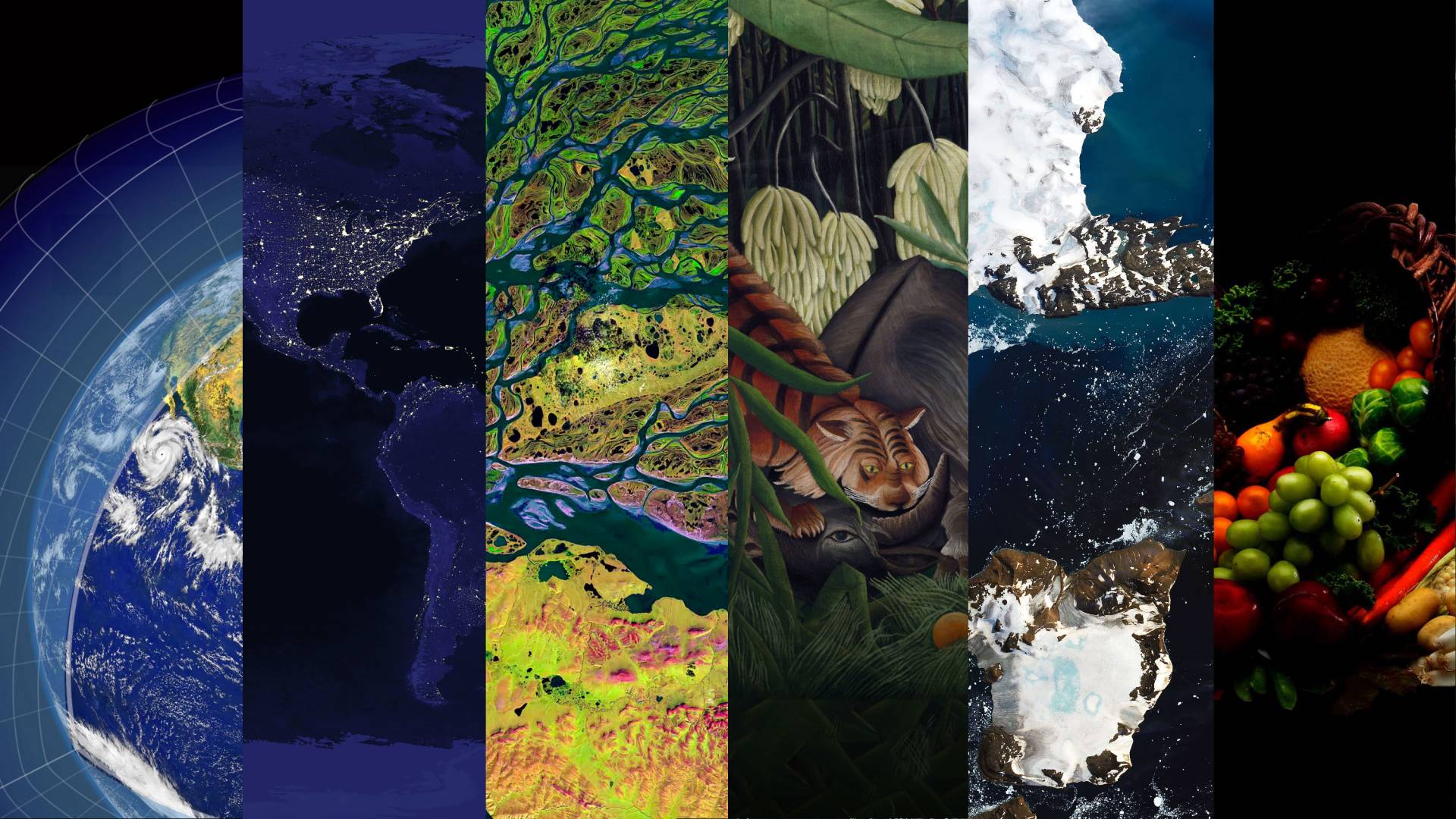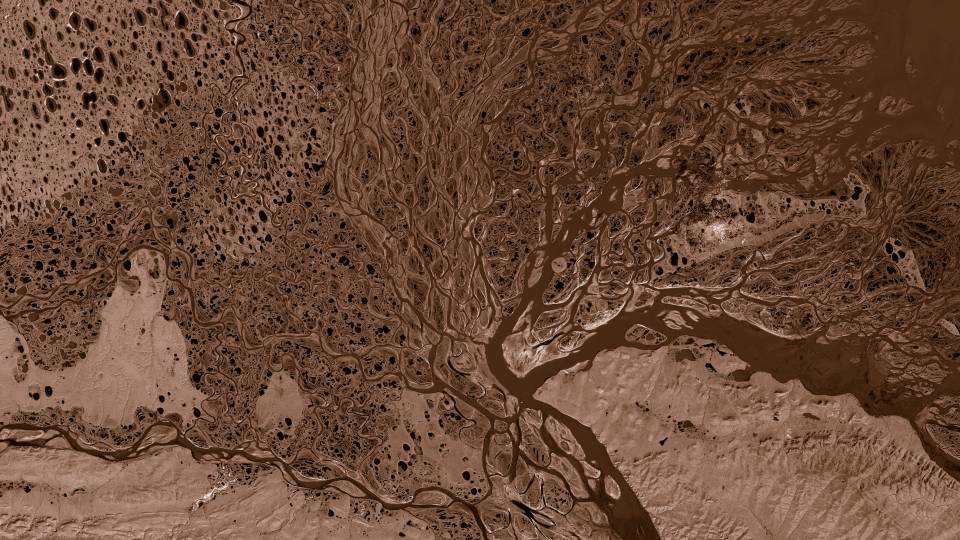Environmental challenges have galvanized activity across Princeton’s campus in recent years like few other issues in our history. From physical, biological and applied sciences to art, architecture, psychology, policy and more, research groups across the University are tackling some of the toughest problems facing humanity with the fullest range of toolkits.
To capture the imposing volume of work and to share the remarkable legacy it is built upon, the University has launched a new digital initiative. A flagship website — Princeton Environmental Research: A Half-Century at the Forefront — now serves as a single portal for non-expert users to more easily access and smoothly navigate the full scope of research activity arising out of more than a dozen different academic units.
“Rather than expect people from beyond the University to scan all our schools, departments, centers and institutes, we wanted to help them find the best work and the brightest talent in a single place,” said David Burden, deputy vice president and head of content strategy for the Office of Communications. “We also want people to be able to discover new ideas, emerging experts and unexpected connections across disciplines.”
The University has also produced a video history of Princeton’s exceptional contributions to environmental knowledge. “It’s not just our history, it’s part of the history of science,” said Margaret Koval, director of special projects in the Office of Communications and executive producer of the video. “Climate modeling, energy research, conservation biology, paleo-climate studies — these are just a few areas where Princeton has made important breakthroughs.”
Princeton’s environmental focus began in 1971 with the Center for Environmental Studies. The Princeton Environmental Institute was founded in 1994, and in 2008, a visionary gift by Gerhard Andlinger, Class of 1952, established the Andlinger Center for Energy and the Environment. Meanwhile, a swath of departments from geosciences to ecology and evolutionary biology embraced and advanced environmental missions.
Additional momentum came in 2016, when the University trustees released a strategic framework committing to enhance Princeton’s academic capacities in environmental studies even further. They wrote: “Issues related to the environment, including climate change and other global-scale phenomena, are among the most urgent problems now facing the world. ... Princeton is fortunate to have on its faculty extraordinary natural scientists, engineers, social scientists and humanists whose innovative scholarship and teaching is helping us understand the problems we face and develop solutions to crises of unprecedented scope and potentially catastrophic impact.”
Princeton Environmental Research: A Half-Century at the Forefront features the work of Princeton’s many experts, organized by research themes such as climate, biodiversity, energy and sustainability. It also enables users to explore the interdisciplinary nature of research by using cross-cutting search terms, such as policy, health and innovation. The site aggregates key environmental events on campus and present stories and videos documenting the University’s historic and recent contributions.






